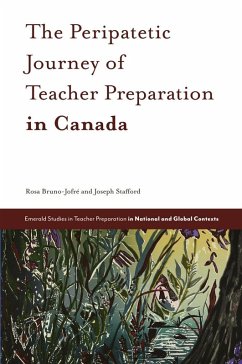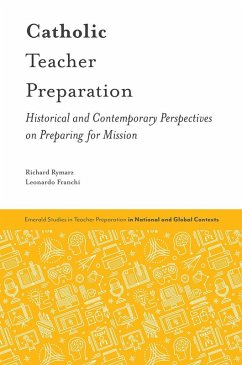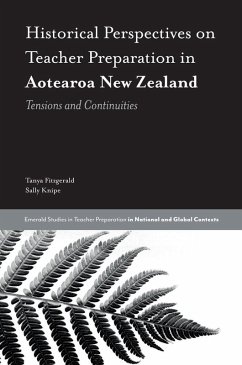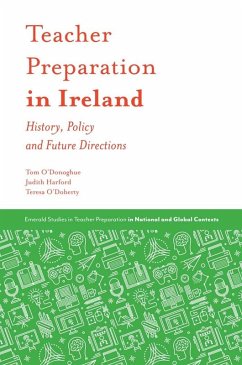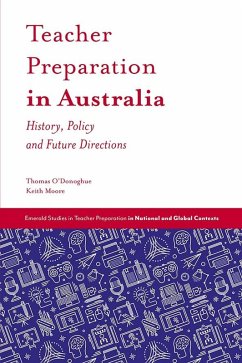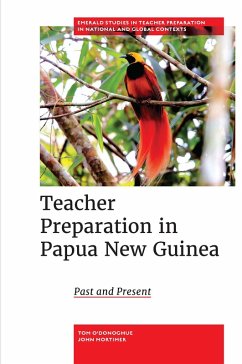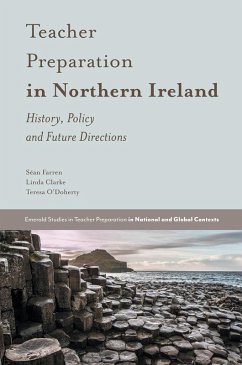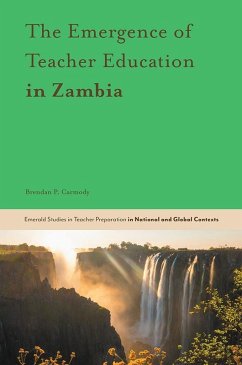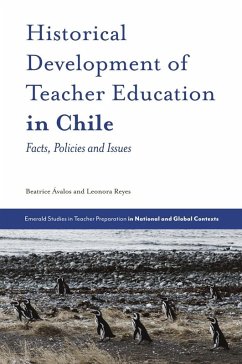
Teacher Preparation in South Africa (eBook, ePUB)
Versandkostenfrei!
Sofort per Download lieferbar
59,95 €
inkl. MwSt.
Weitere Ausgaben:

PAYBACK Punkte
30 °P sammeln!
South Africa's transition to democracy has seen massive changes in the field of teacher education aimed at integrating its previously raced and gendered character. This book provides a comprehensive historical overview and relational understanding of the patterns of teacher preparation supporting South Africa's unequal formal education system. It shows how emerging patterns, policies and pedagogies were deeply entangled with the country's position within a broader international and colonial order as well as with dominant national political and economic social frameworks. Using rich archival an...
South Africa's transition to democracy has seen massive changes in the field of teacher education aimed at integrating its previously raced and gendered character. This book provides a comprehensive historical overview and relational understanding of the patterns of teacher preparation supporting South Africa's unequal formal education system. It shows how emerging patterns, policies and pedagogies were deeply entangled with the country's position within a broader international and colonial order as well as with dominant national political and economic social frameworks. Using rich archival and oral evidence, this book illuminates how successive policies restricted and enabled access to different institutions, while differentiated curricula prepared teachers to teach students intended to play different roles in a society marked by class, race and gender division. It explores the location and control of teacher provision for black and white teachers provided by mission societies and the state in colleges and universities. Post-apartheid governments sought to reverse entrenched racial legacies in education through closure of the colleges and incorporation of teacher preparation into universities, altered admission criteria and new curricula. These have resulted in new tensions which have arisen in relation to a world of competing pressures on universities and teachers. By shedding new light on these tensions from a historical perspective, this book will prove an invaluable resource for education leaders and researchers in the field of global and comparative education.
Dieser Download kann aus rechtlichen Gründen nur mit Rechnungsadresse in A, B, BG, CY, CZ, D, DK, EW, E, FIN, F, GR, HR, H, IRL, I, LT, L, LR, M, NL, PL, P, R, S, SLO, SK ausgeliefert werden.




